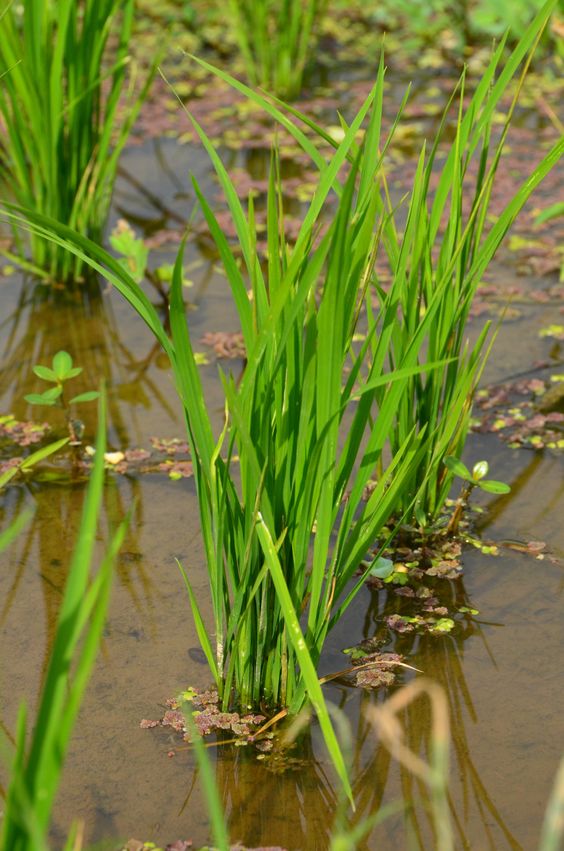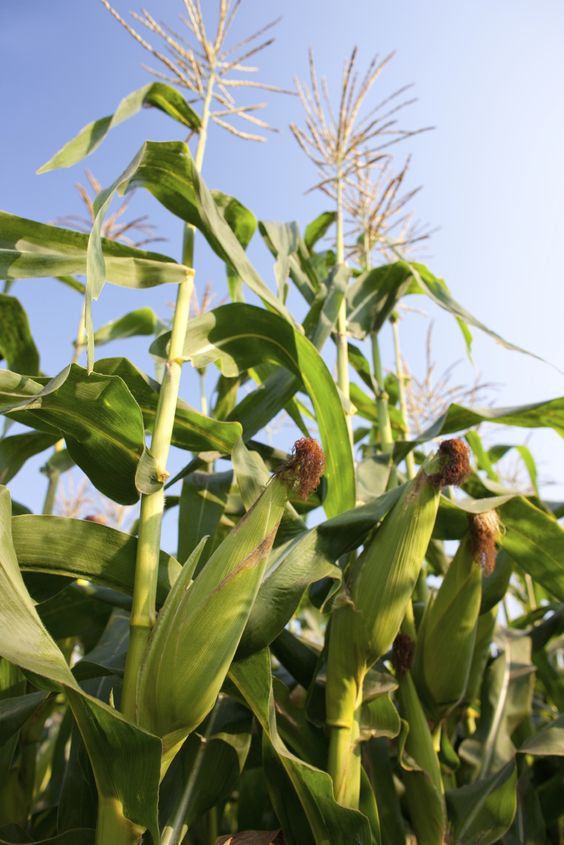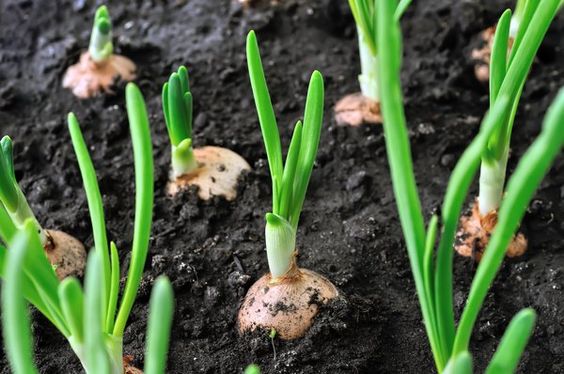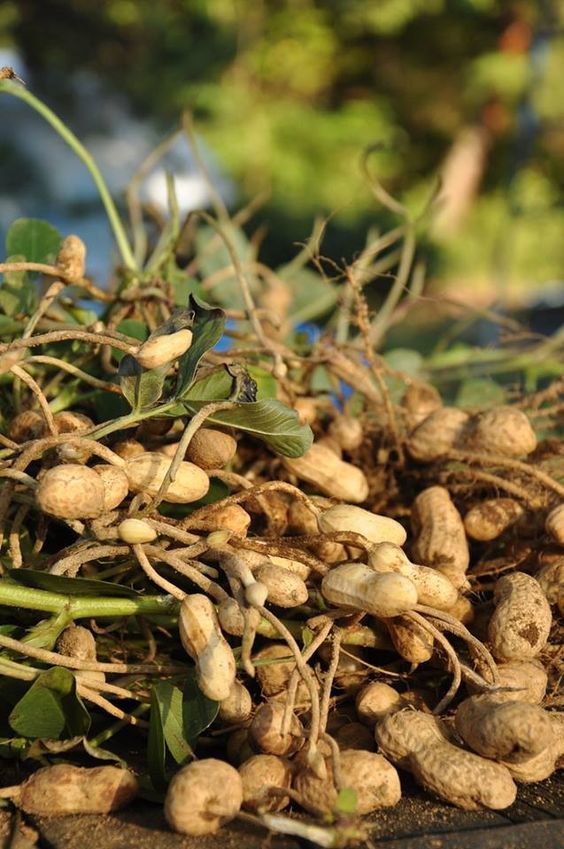Turning Trash into Treasure: Smart Techniques Utilizing Agricultural Waste
Techniques Utilizing Agricultural Waste sector is the backbone of human civilization, providing sustenance for billions. However, this essential industry also generates a significant amount of waste. From crop residues like straw and stalks to manure and processing byproducts, agricultural waste can pose a disposal challenge and environmental burden. But what if this waste could be viewed as a valuable resource? Smart agriculture practices are revolutionizing how we handle agricultural waste, transforming it into inputs for a more sustainable and profitable future.
Contents
- 1 The Problem with Waste: Environmental and Economic Impacts
- 2 Smart Solutions: Transforming Waste into Value
- 3 Implementing Smart Waste Management: Considerations for Farmers
- 4 Collaboration and Knowledge Sharing: Building a Sustainable Future
- 5 Conclusion: From Burden to Opportunity Techniques Utilizing Agricultural Waste
The Problem with Waste: Environmental and Economic Impacts
Techniques Utilizing Agricultural Waste if not managed properly, can have detrimental effects on the environment. Burning of crop residues, a common practice in some regions, releases greenhouse gasses and air pollutants. Improperly stored manure can contaminate waterways with nitrates and phosphates, leading to eutrophication and algal blooms. Landfills overflowing with agricultural waste not only occupy valuable space but also contribute to methane emissions, a potent greenhouse gas.
Beyond the environmental impact, traditional waste disposal methods can be a financial burden for farmers. The cost of transporting and managing waste reduces profit margins. Additionally, lost nutrients in discarded residues represent a missed opportunity to improve soil health and fertility.
Smart Solutions: Transforming Waste into Value
Smart agriculture offers innovative techniques to turn agricultural waste into valuable resources. Here are some key approaches:
- Composting: This age-old practice breaks down organic materials like crop residues and manure into nutrient-rich compost. Compost can significantly improve soil health, fertility, and water retention, reducing reliance on chemical fertilizers. Additionally, it promotes beneficial microbial activity in the soil, leading to healthier and more productive crops.
- Anaerobic Digestion: This technology utilizes microorganisms to decompose organic matter in an oxygen-free environment. The process produces biogas, a renewable energy source that can be used to power farm equipment, generate electricity, or heat greenhouses. The leftover digestate, a nutrient-rich byproduct, can be used as a high-quality fertilizer.
- Biochar Production Techniques Utilizing Agricultural Waste: Pyrolysis, a process of heating organic matter in the absence of oxygen, produces biochar, a charcoal-like material with numerous benefits. Biochar improves soil water retention and nutrient availability, reduces leaching of pollutants, and can even sequester carbon from the atmosphere. Additionally, biochar can be amended with specific nutrients to create specialized fertilizers for different crops.
- Precision Fermentation Techniques Utilizing Agricultural Waste: Advancements in biotechnology allow for the conversion of agricultural waste into valuable products like bioplastics, biofuels, and animal feed supplements. Specific strains of microbes are used to break down the waste and create desired outputs, offering a sustainable alternative to traditional, often resource-intensive production methods.
- Precision Nutrient Management: Smart technologies like soil sensors and advanced data analysis are helping farmers optimize fertilizer application. By identifying areas with specific nutrient deficiencies, farmers can ensure crops receive the nutrients they need while minimizing waste. This reduces reliance on fertilizers and prevents nutrient runoff polluting waterways.
Implementing Smart Waste Management: Considerations for Farmers
The transition to smart waste management practices requires careful planning and consideration. Here are some factors for farmers to consider:
- Waste Composition: Different types of waste require different techniques for optimal conversion. Understanding the composition of your farm’s waste is crucial for selecting the right technology.
- Scale and Resources Techniques Utilizing Agricultural Waste: Composting and biochar production can be implemented at a relatively small scale, while anaerobic digestion typically requires a larger investment and infrastructure. Consider your farm’s size and resource availability when choosing a method.
- Government Regulations: Some regions may have specific regulations regarding agricultural waste management. Research local guidelines before implementing new waste utilization techniques.
- Market Opportunities Techniques Utilizing Agricultural Waste: Explore potential markets for outputs like compost, biochar, or biogas. Local farms, landscaping companies, and renewable energy providers can be potential buyers.
Collaboration and Knowledge Sharing: Building a Sustainable Future
The shift towards smart waste management in agriculture requires collaboration between farmers, researchers, policymakers, and the private sector. Research institutions can develop and refine technologies, while government incentives can encourage farmers to adopt sustainable practices. Private companies can play a vital role by providing farmers with access to technology, training, and opportunities to sell their waste-derived products.
Techniques Utilizing Agricultural Waste,Knowledge sharing amongst farmers is also crucial. Successful implementation of these techniques can be disseminated through workshops, farmer-to-farmer learning programs, and online platforms. Building a community of practice around smart waste management fosters innovation and accelerates the adoption of these practices across the agricultural sector.
Conclusion: From Burden to Opportunity Techniques Utilizing Agricultural Waste
Techniques Utilizing Agricultural Waste is no longer just a disposal challenge. Through the lens of smart agriculture, it can be viewed as a valuable resource with the potential to improve soil health, reduce environmental impact, and enhance farm profitability. By embracing innovative technologies and collaborative efforts, the agricultural sector can move towards a more sustainable future, transforming waste into a source of growth and resilience.
By implementing these smart waste management practices, farmers can contribute to a circular economy within the agricultural sector, minimizing waste and maximizing resource utilization. This shift not




